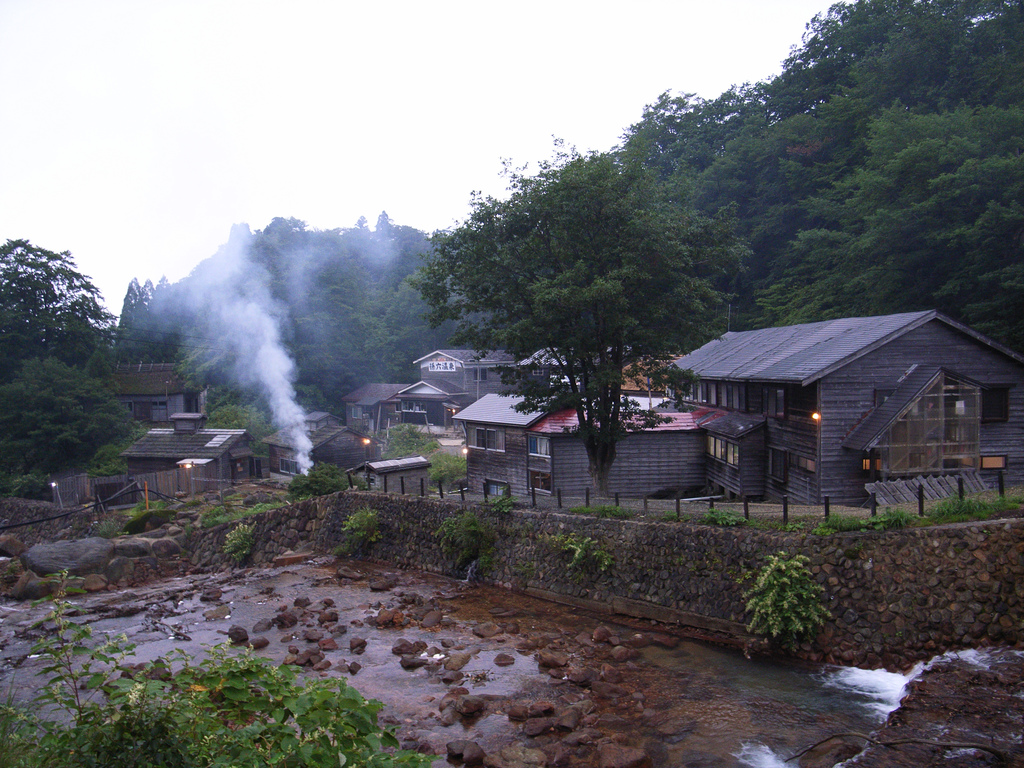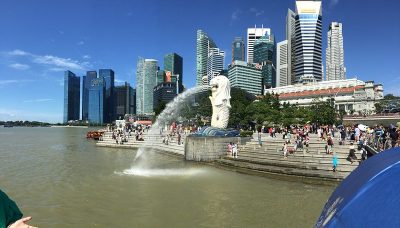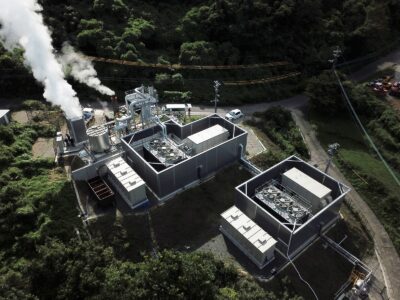Japan’s METI plans adaptations on required geothermal environmental impact studies
Japan's Ministry of Economy, Trade and Industry (METI) is planning changes on requirements for environmental impact assessments for geothermal projects in efforts to help further growth of geothermal development in the country.
A recent article in Nikkei Asian Review, highlights new efforts by the Government of Japan to help push geothermal development. With the government’s goal to increase installed geothermal power generation to three times current capacity, more needs to be done to push development.
Now, the country’s Ministry of Economy, Trade and Industry (METI) plans a revision to guidelines on environmental impact assessment in this financial year of 2018. These changes would allow developers to simultaneously conduct written and actual assessment work. With that it is hoped that the time of this assessments can be done in 12 months instead of the current two years.
Furthermore, so Nikkei, it is planned to double efforts on environmental and resource surveys. The goal is to make more promising geothermal areas for potential development public. This – so the ministry – could push down overall development time from 14 years down to 10 years.
If that will be enough to spur development will have to be seen.
Mitsubishi Materials and its partners are currently working on the Wasabisawa geothermal power project in Akita Prefecture and hopes to get it operational in the financial year of 2019. With a planned power generation capacity of 10 MW, it could be the first larger-scale geothermal plant in a long time.
Source: Nikkei Asian Review


















